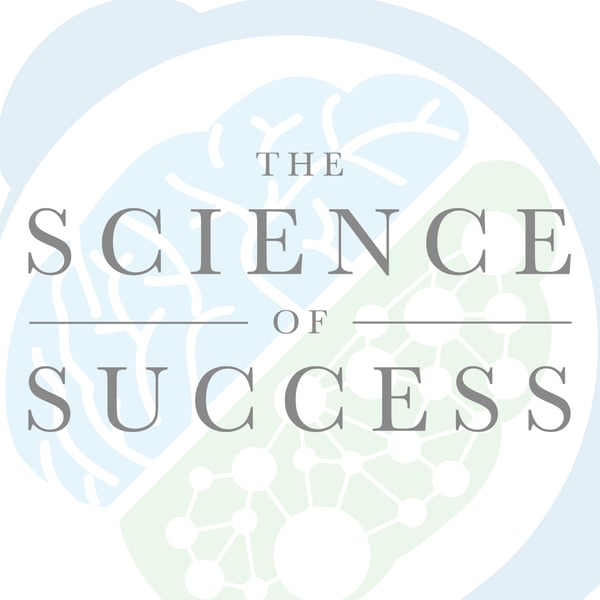The Hidden Brain Science That Will Unlock Your True Potential with Daniel Coyle
The Science of Success
Matt Bodnar
4.6 • 1.1K Ratings
🗓️ 18 October 2018
⏱️ 52 minutes
🧾️ Download transcript
Summary
Transcript
Click on a timestamp to play from that location
| 0:00.0 | Welcome to the Science of Success. |
| 0:05.0 | Introducing your host, Matt Bodner. |
| 0:10.0 | Welcome to the Science of Success, the number one evidence-based growth |
| 0:15.4 | podcast on the internet with more than 2 million downloads, listeners in over 100 |
| 0:19.8 | countries and part of the Self-Help for Smart People Podcast Network. |
| 0:23.0 | In this episode, we discuss the science of talent. |
| 0:27.0 | We look at how great talent is built into the very physical structure of the brain itself. |
| 0:32.0 | Explore the incredible importance of... physical structure of the brain itself. |
| 0:33.2 | Explore the incredible importance of striving at the edge of your ability and staying there |
| 0:37.8 | as long as possible. |
| 0:39.7 | The vital importance of mistakes in the learning process, how a group of kindergartners beat a bunch of |
| 0:45.3 | CEOs at a simple team building exercise, a powerful tool Navy SEALs used to make better decisions |
| 0:51.9 | that you can apply to your life right now and much more with |
| 0:56.0 | our guest Daniel Koyle. Do you need more time, time for work, time for thinking and reading, time for the people in your life, time to accomplish your goals. |
| 1:05.0 | This was the number one problem, our listeners outlined, |
| 1:10.0 | and we created a new video guide that you can get completely for free when you sign up and join our email list. |
| 1:17.0 | It's called how you can create time for the things that really matter in life. |
| 1:22.0 | You can get it completely for free. |
| 1:23.6 | When you sign up and join the email list at success podcast.com, |
| 1:27.4 | you're also going to get exclusive content that's only available to our email |
| 1:31.4 | subscribers. We recently pre-released an episode in an interview |
| 1:35.7 | to our email subscribers a week before it went live |
... |
Please login to see the full transcript.
Disclaimer: The podcast and artwork embedded on this page are from Matt Bodnar, and are the property of its owner and not affiliated with or endorsed by Tapesearch.
Generated transcripts are the property of Matt Bodnar and are distributed freely under the Fair Use doctrine. Transcripts generated by Tapesearch are not guaranteed to be accurate.
Copyright © Tapesearch 2025.

